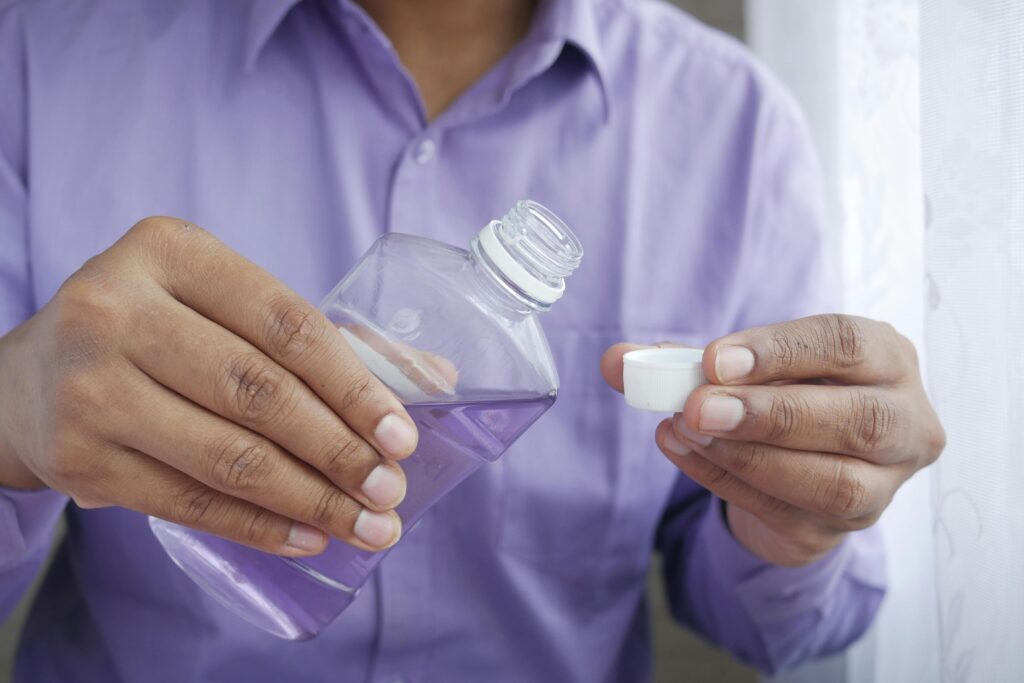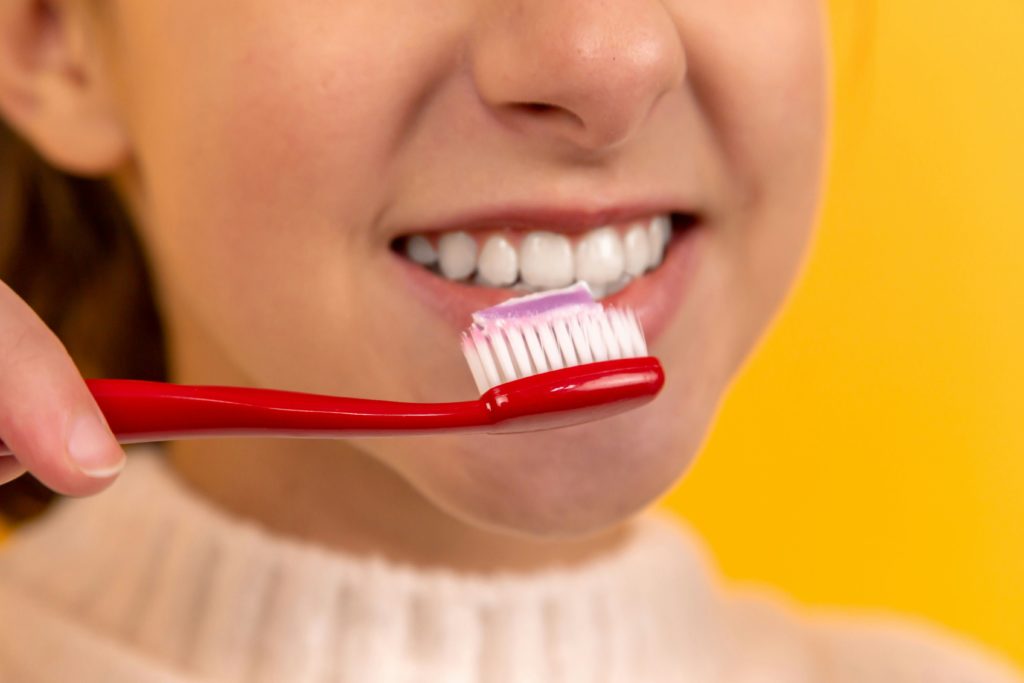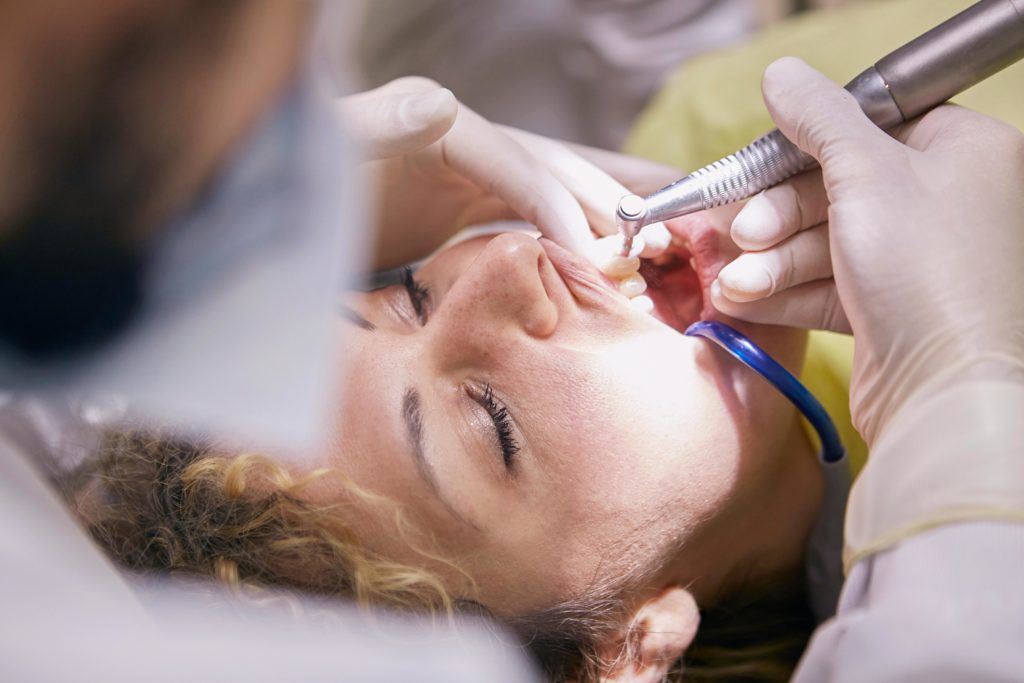A fresh breath and a bright smile are often considered the hallmarks of good oral hygiene. While brushing and flossing are essential, many people turn to mouthwash for that extra boost of freshness and whitening.
Whitening mouthwashes have become increasingly popular for their dual benefits—they not only help freshen breath but also whiten teeth.
But are they truly effective? In this article, we explore the key benefits of using whitening mouthwash for fresh breath and overall oral health.
Fresh Breath That Lasts Longer
One of the main reasons people use mouthwash is to combat bad breath. Whitening mouthwashes are formulated with ingredients that kill bacteria responsible for bad breath, leaving your mouth feeling clean and refreshed. The added whitening agents don’t interfere with this benefit—they simply enhance the overall oral care experience.
Using whitening mouthwash daily can help keep your breath fresh for longer periods, especially if you tend to deal with bad breath frequently. It’s a simple addition to your routine that makes a noticeable difference.
Teeth Whitening Made Easy
Whitening mouthwash is an effective way to maintain or improve the whiteness of your teeth. It often contains mild bleaching agents like hydrogen peroxide, which gradually lightens stains caused by food, drinks, or smoking. While it may not work as quickly as professional treatments, consistent use over time can lead to visibly whiter teeth.
For people who want a simple, low-effort solution to brighten their smile without the expense of teeth-whitening procedures, whitening mouthwash is an excellent option. It’s a subtle but effective way to keep your teeth looking clean and bright between dental visits.
Prevents Plaque and Tartar Buildup
Plaque and tartar buildup can lead to a host of dental problems, including cavities and gum disease. Whitening mouthwash helps prevent this by reducing the amount of plaque on your teeth. Its antibacterial properties work to eliminate harmful bacteria in your mouth, which are responsible for plaque formation.
Additionally, some whitening mouthwashes include ingredients that help break down existing tartar, making it easier to remove during your brushing and flossing routine. This helps keep your teeth and gums healthier in the long run.
Enhances Gum Health
Healthy gums are essential for maintaining overall oral health, and whitening mouthwash can play a role in this. Many mouthwashes are designed to strengthen gums by reducing inflammation and preventing bacteria from causing gum disease. The antibacterial agents in whitening mouthwashes can help prevent gingivitis, a common gum issue, and keep your gums healthy and strong.
Boosts Confidence
Using whitening mouthwash can give you more confidence in your daily interactions. Having fresh breath and a bright smile often boosts self-esteem and makes people feel more comfortable in social and professional settings. Knowing that your mouth feels clean and that your teeth look their best can improve how you carry yourself.
For many, this confidence boost is the most immediate benefit of using whitening mouthwash. It’s a simple step that helps you feel good about your oral hygiene.
Gentle on Sensitive Teeth
Many people with sensitive teeth worry that whitening products will cause discomfort. However, whitening mouthwashes are generally mild and suitable for daily use, even for those with sensitive teeth. Unlike some harsh whitening treatments, mouthwash offers a gentle way to improve the brightness of your teeth without causing irritation.
You may experience a slight tingling sensation after using whitening mouthwash, but this is usually temporary and shouldn’t cause discomfort if used as directed.
Easy to Incorporate into Daily Routine
Using whitening mouthwash doesn’t require a lot of effort. It easily fits into your existing oral care routine—right after brushing and flossing. It only takes 30 seconds to a minute to swish the mouthwash around your mouth, making it a quick and simple way to enhance your oral hygiene.
It’s also portable, which means you can carry it with you to freshen your breath throughout the day if needed. This convenience is why many people choose to use whitening mouthwash consistently.
Helps Neutralize Acids in the Mouth
Acidic foods and drinks can erode the enamel on your teeth, leading to sensitivity and tooth decay. Whitening mouthwash often includes ingredients that help neutralize these acids, protecting your enamel from damage. This is particularly beneficial for people who consume a lot of acidic beverages like coffee, soda, or citrus juices.
By neutralizing acids, whitening mouthwash adds another layer of protection to your teeth, ensuring they remain healthy and strong over time.
Maintains Results from Professional Whitening
If you’ve recently undergone a professional teeth whitening treatment, using a whitening mouthwash can help maintain the results. It works as a touch-up treatment to prolong the brightness of your smile by removing surface stains before they become more permanent.
While it’s not a replacement for professional whitening, it helps preserve the results and keeps your smile looking its best between visits to the dentist.
Conclusion
Whitening mouthwash is a versatile product that offers multiple benefits for your oral health. It freshens breath, whitens teeth, and helps protect against plaque and gum disease. It’s a simple yet effective way to boost your daily oral hygiene routine, providing long-lasting freshness and a brighter smile. Using whitening mouthwash into your routine is a small step with significant benefits, helping you maintain a clean, healthy, and confident smile.
FAQs
1. How often should I use whitening mouthwash?
For best results, use whitening mouthwash once or twice a day after brushing and flossing. Always follow the instructions on the bottle.
2. How long does it take to see results from whitening mouthwash?
You may start to notice whiter teeth after 2 to 4 weeks of consistent use. However, individual results may vary depending on your lifestyle and oral care habits.
3. Is whitening mouthwash safe for sensitive teeth?
Yes, most whitening mouthwashes are formulated to be gentle on sensitive teeth. However, if you experience any irritation, discontinue use and consult your dentist.
4. Can whitening mouthwash replace brushing and flossing?
No, whitening mouthwash is meant to complement brushing and flossing, not replace them. It’s an added step to enhance your overall oral hygiene routine.
5. Does whitening mouthwash remove deep stains?
Whitening mouthwash is effective for removing surface stains, but it may not work as well on deep, set-in stains. For more dramatic results, professional whitening treatments may be necessary.
6. Can I use whitening mouthwash every day?
Yes, most whitening mouthwashes are safe for daily use. Be sure to follow the manufacturer’s guidelines for best results.
7. Are there any side effects of using whitening mouthwash?
Some people may experience a mild tingling sensation or temporary tooth sensitivity. If you experience prolonged discomfort, stop using the product and speak with a dentist.
8. Will whitening mouthwash make my teeth too white?
Whitening mouthwash generally lightens your teeth by a few shades. It will not make your teeth unnaturally white but will help maintain a natural-looking brightness.
9. Is whitening mouthwash safe for children?
Whitening mouthwash is generally not recommended for children under 12 unless specified by a dentist. Always check the product label for age recommendations.
10. Can I use whitening mouthwash if I have dental work like fillings or crowns?
Yes, but whitening mouthwash will not whiten fillings, crowns, or veneers. It will only work on your natural teeth.



